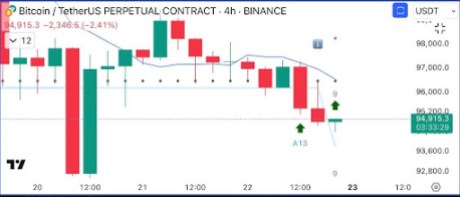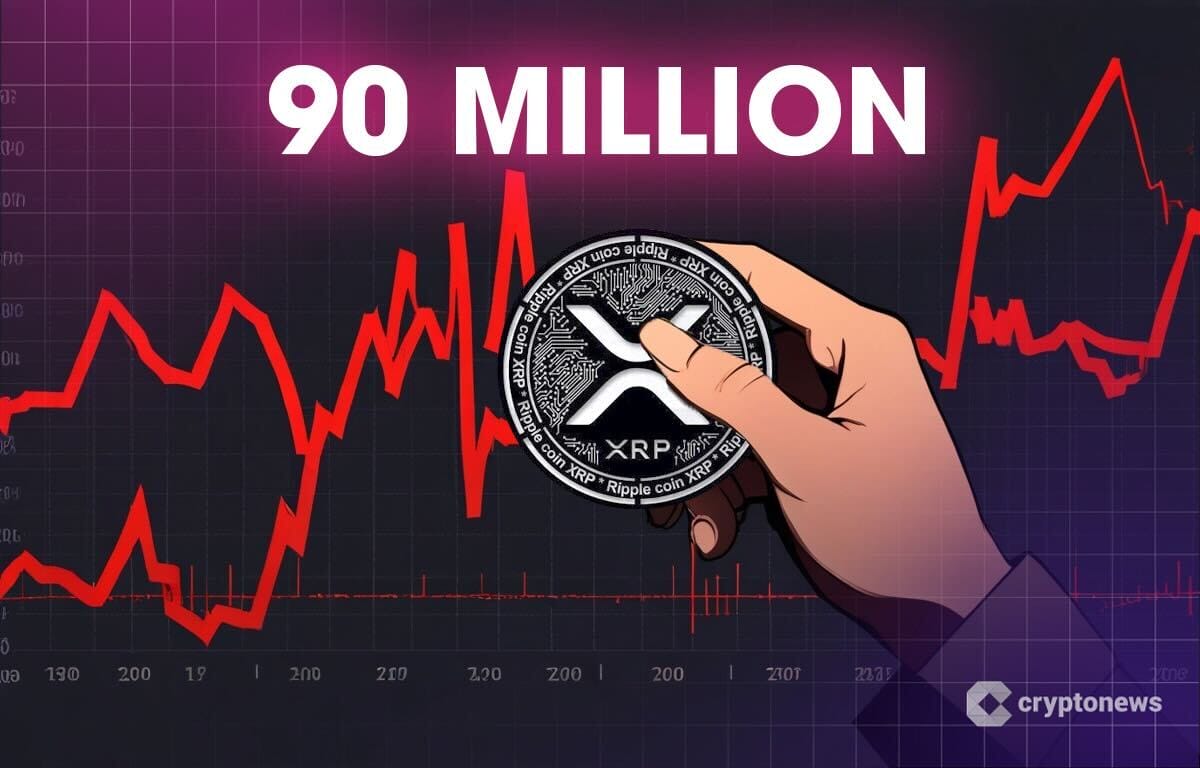Two California men stand accused of orchestrating a sprawling nonfungible token (NFT) scam that federal prosecutors say netted at least $22 million from unsuspecting investors, placing a sharp spotlight on the dangers in the rapidly expanding cryptocurrency market
Observers note that the high-profile case—one of the largest NFT fraud prosecutions to date—could foreshadow potential repercussions for other controversial crypto projects, including the recent “Hawk Tuah” meme coin meltdown that left many investors claiming heavy losses.
Indictment in Southern California
According to the Department of Justice (DOJ), 23-year-old Gabriel Hay of Beverly Hills and 23-year-old Gavin Mayo of Thousand Oaks face charges of wire fraud and conspiracy to commit wire fraud. Their indictments, unsealed Friday in Los Angeles, allege that between May 2021 and May 2024, Hay and Mayo carried out multiple “rug pull” schemes involving NFT offerings on prominent blockchain platforms, such as Ethereum and Solana.
Prosecutors say the suspects lured investors with elaborate “project roadmaps” and assurances that the tokens being sold would be backed by real-world assets or exclusive benefits. Instead, the pair allegedly abandoned the projects once they had raised substantial capital, leaving thousands of investors with NFTs that quickly became worthless. Authorities have identified projects with names like “Vault of Gems,” “Dirty Dogs,” and “Sinful Souls” as among those allegedly misused to generate illicit gains.
If convicted, Hay and Mayo each face up to 20 years in prison for the wire fraud-related counts and up to five years on a separate charge of stalking, which prosecutors say arose when they allegedly harassed a project manager who attempted to expose their activities. U.S. Attorney Martin Estrada emphasized in a statement that “whenever a new investment trend occurs, scammers are sure to follow.”
Link to ‘Hawk Tuah’ Controversy
Legal experts and consumer advocates say the SoCal case may provide a cautionary tale for other high-profile crypto ventures, including the recently collapsed Hawk Tuah meme coin. The $HAWK coin, promoted by social media celebrity Haliey Welch—best known for her viral “Hawk Tuah” catchphrase—launched on December 4 to significant fanfare. Within minutes, its market capitalization reportedly soared to around $490 million on the Solana blockchain, only to plunge over 90 percent shortly thereafter, prompting outrage and allegations of “snipers” and insider profiteering.

Haliey Welch, Source: X
Investors claimed they lost millions in the collapse, with at least one lawsuit filed in New York federal court seeking over $150,000 in damages. Although Welch herself is not named as a defendant, critics allege her social media endorsements helped generate a “speculative frenzy” among inexperienced crypto buyers. In statements posted on X (formerly Twitter), Welch has maintained her innocence and vowed to cooperate fully with any legal inquiries on behalf of affected investors.
Parallel Patterns and Key Differences
The circumstances surrounding the Hawk Tuah coin share some thematic parallels with the allegations against Hay and Mayo. Both cases involve internet hype, an exponential increase in token prices, and a swift downturn that left contributors with steep financial losses. Consumer advocates underscore that, much like the NFT scam described in the California indictment, the Hawk Tuah controversy also featured the promise of exclusivity and community rewards.
However, crucial distinctions exist. While Hay and Mayo are accused of deliberately planning to abandon their projects after collecting millions, Welch’s representatives insist her team retained their holdings and never attempted to “dump” or profit from selling $HAWK tokens. The influencer has not been charged with any wrongdoing but remains under scrutiny, as investor lawsuits unfold to determine whether the meme coin offering violated securities laws.
Regulatory Backdrop
The U.S. Securities and Exchange Commission (SEC) and the DOJ have ramped up enforcement against crypto-related fraud, forming specialized units like the National Cryptocurrency Enforcement Team (NCET) to combat illicit activities. As the indictment of Hay and Mayo demonstrates, federal authorities remain vigilant. “Fraudsters take advantage of new technologies and financial products,” said Principal Deputy Attorney General Nicole M. Argentieri, “and the Department of Justice is committed to pursuing offenders who exploit investor trust.”
For the Hawk Tuah coin case, potential legal ramifications remain uncertain. Industry observers suggest that, depending on what emerges from ongoing investigations, either civil or criminal actions might follow if evidence points to deliberate investor deception. Meanwhile, Welch has promised to help “uncover the truth” behind the coin’s abrupt collapse.
Brave New Coin – Read More









